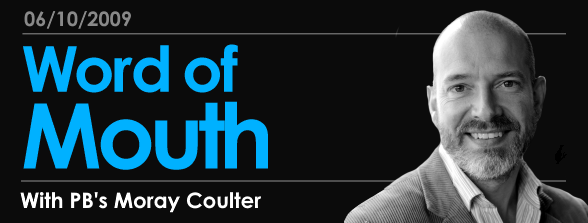
Multimedia platforms have been around for a substantial time now, yet finding freelancers with the skills needed to produce and deliver this content, can be hard. Skillset are clearly responding to this, so is it ultimatum time for those freelancers who are resistant to change?
There has been a massive shift in the training available for freelancers this season. From now on, Skillset’s Television Freelance Fund, which subsidises up to 60% of the costs of training courses for TV freelancers, will be put into courses which add to your skills in entrepreneurialism, multiplatform production or new-media management.
If you want financial support with traditional linear television production training, then you will need to wait at least until this recession is well and truly over. And maybe much longer. Broadcasters and independent producers make a voluntary contribution to the Television Training Fund which pays for freelancers’ courses, but they have been paying less in lately having been hit by a witches brew of business recession.

